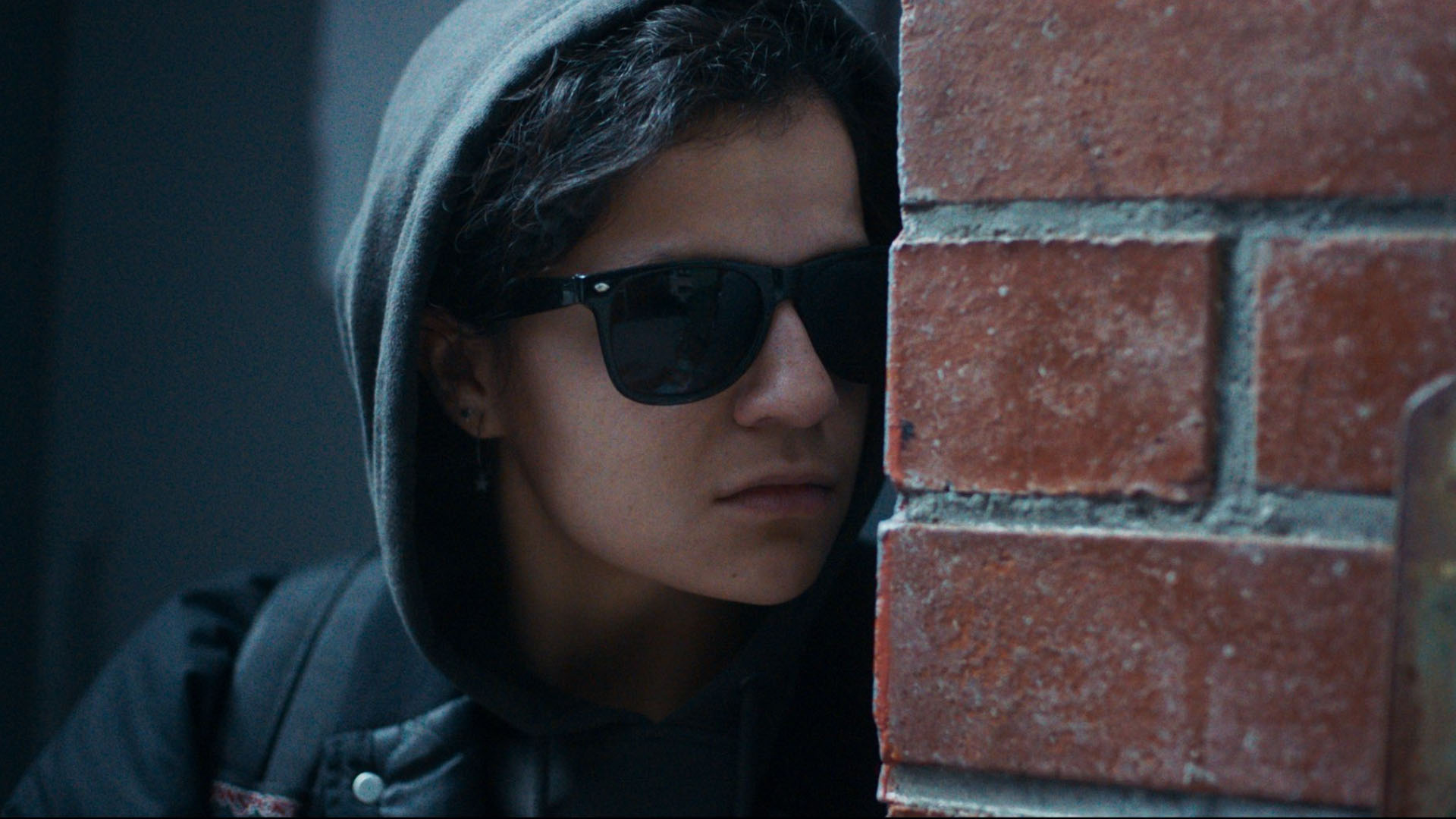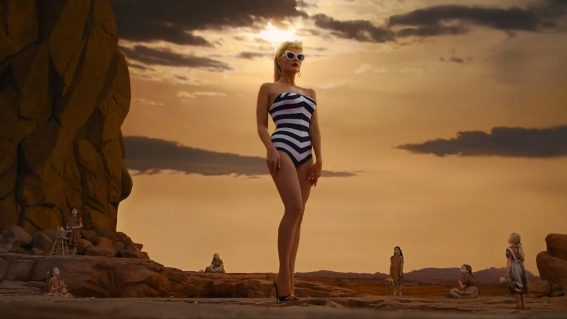Sharp satire Millie Lies Low is a brutal and exciting debut

Ana Scotney stars in this tense comedy-drama, hit by a panic attack that stops her leaving for a prestigious scholarship in New York. Millie’s solution? Fake it, and lie low in Wellington, so no-one finds out… Scotney is exhilarating in this brutal and exciting debut feature from director Michelle Savill, writes Rachel Ashby.
Millie Lies Low, the debut feature film from writer and director Michelle Savill, opens on a tense note that only gets louder as the film progresses. The titular Millie is on a plane waiting for take-off when a panic attack overwhelms her and she scrambles to get off the flight. She was supposed to be jetting towards her future: a posh scholarship at a fancy New York architecture firm, but instead she’s back inside Wellington airport, waiting bleakly for her lone suitcase to reach her on the baggage carousel.
At this point she whips out her phone and starts to type a text message to her mum that would end this film very quickly: “Something terrible has happened”. But instead of pressing send, she deletes it, tries and fails to purchase another plane ticket, and then impulsively posts a stock image of a plane window to her Instagram feed with a bubbly caption about new adventures.
At its core, Millie Lies Low is a sharp satire on the fear of failing to meet expectations. Shame is the fuel that propels Millie into increasingly bonkers attempts to keep up the deception to friends and family that she is living the dream in the Big Apple, while in reality she’s sleeping rough and hiding out in Wellington. Ana Scotney embodies the taut desperation at the heart of this film with an exhilarating performance as Millie, leaning into the cringe comedy that underpins the most excruciating moments of action.
Scotney is a class act in subtle clowning, she is unafraid of embracing the debasing situations Millie lands herself in (often involving bodily fluids and plenty of dirt) and she brings a wild-eyed quality to her interactions with other characters. Millie is unlikeable in many ways: she’s manipulative and gets a kick out of her delusions, she’s probably a plagiarist, and her sense of self is slippery at best. Yet, Scotney is able to bring a pathos and empathy to the character which ultimately makes her relatable. She could be your mate on the verge of a breakdown: the extreme version of a mid-twenties identity crisis.
The script, co-written by Savill and Eli Kent, has the dramatic focus normally associated with live theatre. Millie’s anxious persona has an almost gravitational pull that brings to mind the millennial anti-hero of Phoebe Waller Bridge’s Fleabag. While Scotney’s performance is the axis on which this film spins, the supporting cast is a foil of normalcy to her chaos. Stand out performances come from Chris Alosio as Millie’s hapless but endearing boyfriend Henry, and the legendary Rachel House as Millie’s ex-missionary mum. They bring a much-needed warmth to take the edge of Millie’s tailspin towards rock bottom.
And rock bottom it is indeed. The scene where Millie finally crashes is one of the most stressful and hilarious things I’ve watched on screen in a long time. A brutal and exciting debut.





















